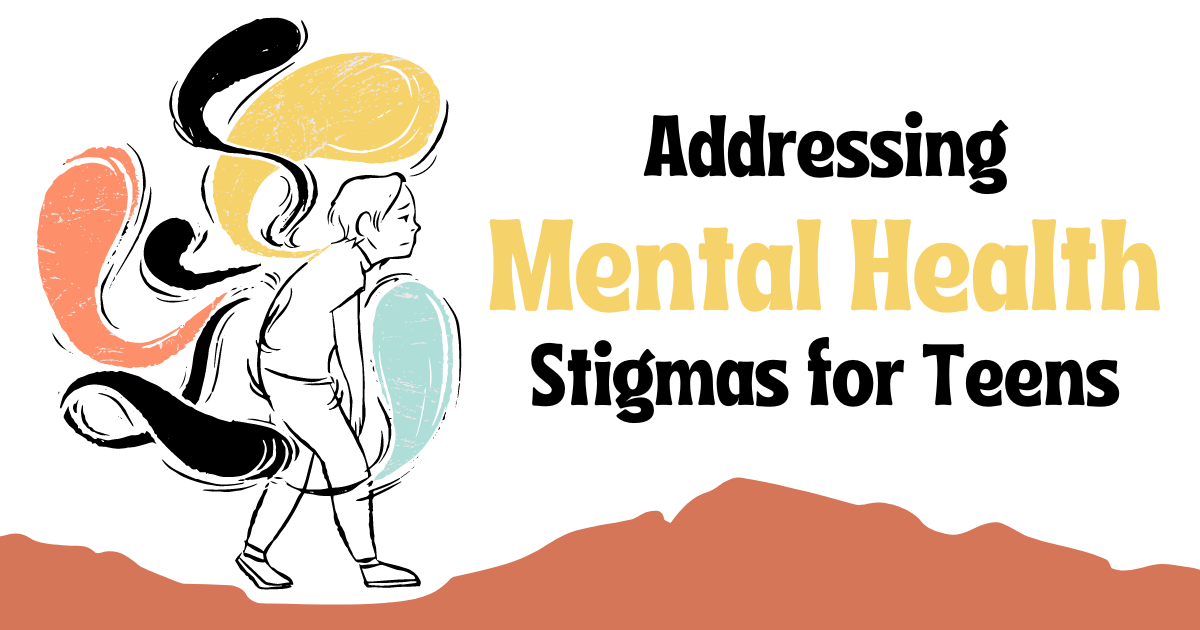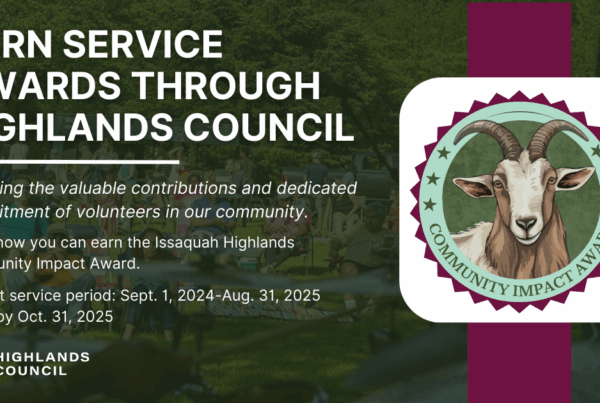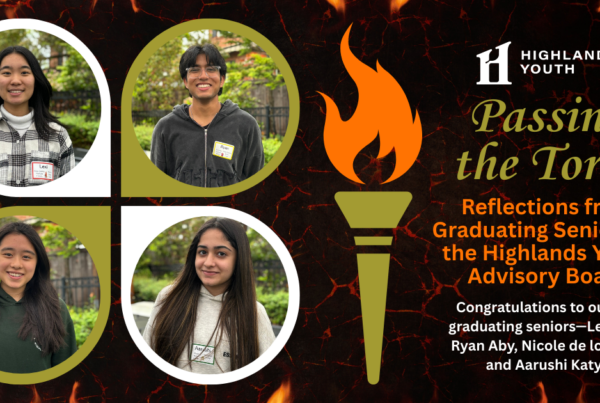
"It is not the bruises on the body that hurt. It is the wounds of the heart and the scars on the mind." — Aisha Mirza, author
As a teenager in today’s times, I have felt an overpowering desire to address a major issue in our society: mental health. I strongly feel that the need to understand, preserve and restore mental health in the present times cannot be overemphasized. Mental health is a crucial factor that can affect a person’s daily life, relationships and physical health.
According to the World Health Organization (WHO), mental well-being is not just the absence of mental disorders or disability. It is a state of mental wellness that enables a person to live life, comprehend their capabilities, invest in self-growth, learn and work well, and contribute to the community. It envelopes our social, emotional and psychological well-being and influences how a person thinks, feels and behaves.
In today’s fast-paced and demanding world, issues such as mental disorders, stress, depression and anxiety can have a significant impact on mental well-being, often leading to a lack of stability in an individual’s life. These can be caused due to several factors such as failures and situations in life, underlying health conditions, unpleasant childhood experiences, etc.
Mental health issues can take various shapes, including but not limited to anxiety disorders, panic attacks, phobias, obsessive-compulsive disorder (OCD), post-traumatic stress disorder (PTSD), depression, bipolar disorder and schizophrenia. Some indicators of mental health concerns are withdrawal from social interactions, restlessness, fatigue, interrupted sleep, hopelessness, loss of appetite, delusions, negativity and self-harming thoughts.
I particularly feel very passionate about this aspect of our lives because one of my closest friends suffered from mental health issues for over three years. As her companion, I have witnessed her grappling with social pressure, experiencing bullying at school because of her appearance, and being excluded from social events. All these factors impacted her overall wellness drastically and she withdrew from all social interaction for the fear of being judged.
She underwent treatment, counseling and therapy for three years. Although she has improved significantly, she still has a long way to go. Her situation had a far-reaching impact on me, inspiring me to raise awareness about mental health and provide platforms where everyone can feel welcome, respected and heard.
When our family moved to Issaquah Highlands, I found many individuals facing mental health issues. For some, mental health challenges originated within their families. For others, they were rooted in societal factors. Feeling a strong urge to address these issues, I would like to offer some suggestions to help us build a stronger, more inclusive community.
The first step in this direction would be to break down the stigma that surrounds mental health and forbids people from seeking help due to the apprehension of being judged or discriminated against. The Issaquah Highlands community must open dialogue and encourage people to seek assistance without any hesitation.
Awareness campaigns, workshops and discussion platforms in Issaquah schools, offices and community centers like Blakely Hall can help eradicate this stigma and foster empathy towards those facing mental health challenges.
To better address mental health concerns, residents in Issaquah Highlands need to be more empathetic towards one another. I encourage everyone to meet others with a smile, listen actively and empathetically to each other, be mindful of their language and behavior, and express their thoughts and opinions respectfully. To foster an inclusive society, we need to cultivate a sense of belonging in each individual, making everyone feel welcome, valued and respected.
Highlands Council offers various community groups, like Yoga Group and Meditation Group, which can help towards improving mental health through physical activity, relaxation and support from fellow neighbors in the community. Families should participate in community events and interact with other members. These initiatives to reduce isolation and promote inclusion in our neighborhood, workplaces and educational institutes can pull our youth out of the clutches of mental health and set them on the path of wellness.
In conclusion, raising awareness about mental health issues, breaking the stigma, and opening conversations about life’s challenges are essential first steps towards building a supportive and inclusive community in Issaquah Highlands.
This support can further be enhanced by availability of counseling sessions, yoga and meditation groups, and virtual support groups that provide a holistic approach towards achieving mental wellness and empowerment. Together, we can foster a safe, inclusive and healthy environment for those facing mental health challenges.
Aarushi is an incoming 12th grader at Issaquah High School and a member of the HY Board.





